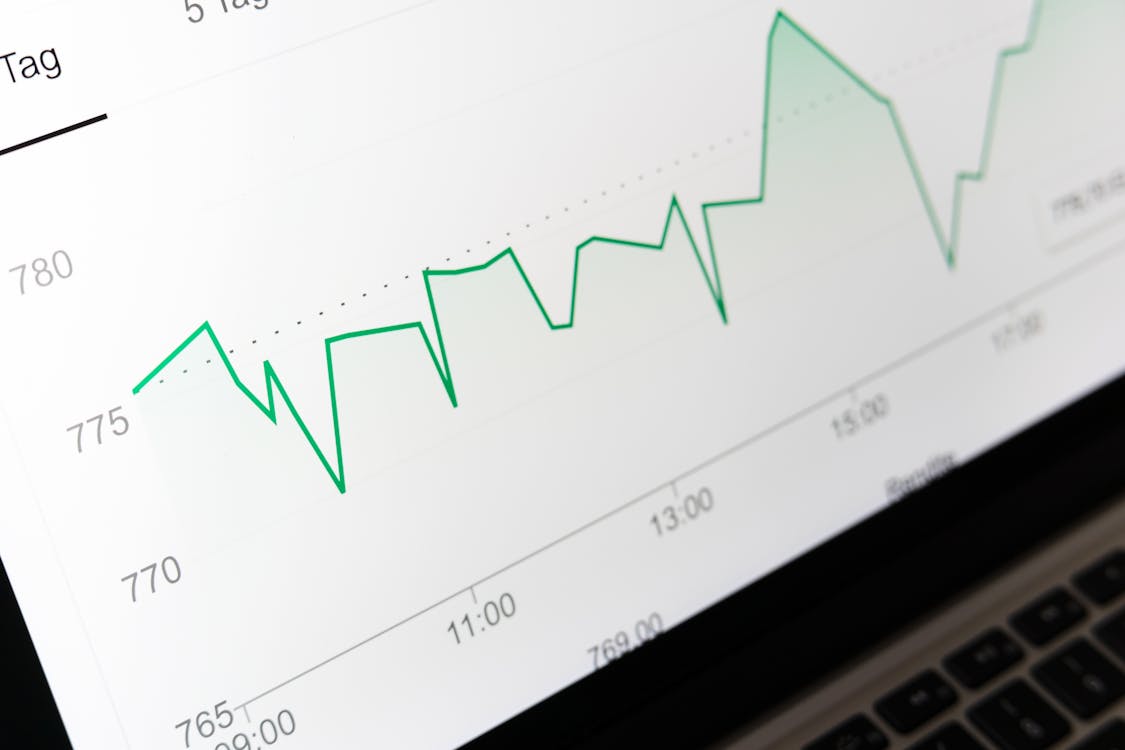
 Image Source: PexelsFrom BOFIT today (translated by Google):
Image Source: PexelsFrom BOFIT today (translated by Google):
GROWTH IN TOTAL PRODUCTION HAS DECLINED IN RECENT MONTHS
According to the monthly estimate published by the Russian Ministry of Economy, the annual growth of Russia’s GDP has clearly slowed down in recent months. The indicator describing the development of the five main production sectors of the statistics agency Rosstat suggests that the (seasonally adjusted) amount of production has turned to a slight decline.
In January, the (seasonally adjusted) production of both the extractive industry and the processing industry remained at almost the same level as in recent months. Likewise, the amount of retail sales has remained almost unchanged for several months. The long-standing growth in construction also seems to have frozen in January.
Here’s the relevant graph: Source: BOFITThe article will be available in English tomorrow.Back in February, Reuters noted:
Source: BOFITThe article will be available in English tomorrow.Back in February, Reuters noted:
Russia’s Centre for Macroeconomic Analysis and Short-term Forecasting (CAMAC) attributes around 60-65% of increased industrial output in the last two years to the Ukraine conflict.
…
The IMF, whose 2.6% prediction exceeds that of Russia’s own economy ministry at 2.3%, said the country’s tight labour market had supported wage growth. Real wages have now started falling, CAMAC said.
“Inflation is too high and companies’ financial position is no longer secure enough to quickly raise wages even in the face of a pronounced labour shortage,” CAMAC economists wrote.
With real disposable incomes, the situation is worse, they said, with pensions and benefits not quite indexed to inflation, which stood at 7.4% in 2023 after an 11.9% reading in 2022.
Unemployment is at a record-low 2.9%, with hundreds of thousands of people having fled Russia or joined the military in the past two years.
According to Rosstat, Russia’s labour productivity index, one of Putin’s key national development goals, fell 3.6% year-on-year in 2022, its steepest annual fall since the aftermath of the global financial crisis in 2009.
…
It may be too early to talk of recession, said CAMAC experts, but there are signs the economy is starting to stall, in sectors such as car production and construction.
The IMF expects Russian growth to fall to 1.1% next year, well below the world’s advanced and developed economies.
“I don’t see current economic growth as lasting or qualitative,” said Nadorshin. “I see it as a harbinger of an approaching economic crisis, perhaps the first since 2004, which may not even need an external shock.”
More By This Author:Dot Plot Vs. Market Expectations Is Velocity Stable?Inflation In February 2024
















